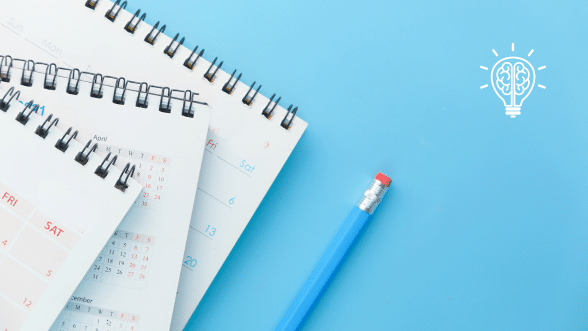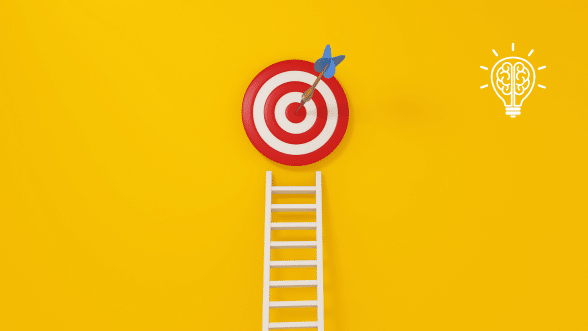
Living with ADHD (Attention Deficit Hyperactivity Disorder) is not just about managing personal symptoms; it significantly influences interpersonal relationships too. Understanding how ADHD affects relationships can help in nurturing stronger, healthier connections.
The ADHD Effect in Relationships
Challenges in Communication
– Distractibility
ADHD often leads to difficulties in maintaining focus during conversations, which can be perceived as disinterest or neglect by partners or friends.
– Impulsivity in Conversations
Individuals with ADHD may interrupt or blurt out responses, leading to misunderstandings or conflicts.
Emotional Regulation Difficulties
– Heightened Emotions
Emotional dysregulation, a common ADHD symptom, can result in intense emotional responses, sometimes leading to heated arguments or hurt feelings.
– Sensitivity to Criticism
Many with ADHD have heightened sensitivity to criticism, which can create tension, especially in conflict resolution.
Consistency and Reliability Issues
– Forgetting Important Dates
Struggles with memory and organization can lead to forgetting significant dates or commitments, potentially hurting loved ones.
– Inconsistent Behaviors
Variability in attention and energy levels can lead to inconsistent behaviors, which might confuse or frustrate partners.
Strengthening Relationships Despite ADHD
Open Communication
– Honest Conversations
Discuss ADHD openly. Understanding its role in behaviors and challenges can foster empathy and patience in relationships.
– Setting Expectations
Clear communication about abilities and limitations helps set realistic expectations for both parties.
Developing Strategies Together
– Joint Planning
Creating strategies for managing daily life, like reminders or shared calendars, can reduce misunderstandings and forgotten commitments.
– Emotional Check-Ins
Regular check-ins about each other’s emotional state can help in understanding and responding to emotional needs effectively.
Seeking Support
– Therapy and Counseling
Couples or family therapy can provide tools and techniques for better communication and understanding, tailored to the challenges ADHD brings.
– ADHD Coaching
Individuals with ADHD can benefit from coaching that focuses on developing strategies to manage symptoms that affect relationships.
Building Patience and Understanding
– Educating Oneself and Others
Learning about ADHD and educating friends and family can foster a supportive environment.
– Recognizing Efforts
Acknowledging efforts, both small and large, in managing ADHD symptoms can strengthen mutual respect and appreciation.
ADHD can pose unique challenges in relationships, but with awareness, communication, and targeted strategies, these challenges can be navigated successfully. It’s about building an environment of understanding and support, where the impacts of ADHD are acknowledged but don’t define the relationship.
Whether you are someone with ADHD or are in a relationship with someone who has it, remember: empathy, patience, and proactive management are key to nurturing and sustaining strong, healthy relationships.





